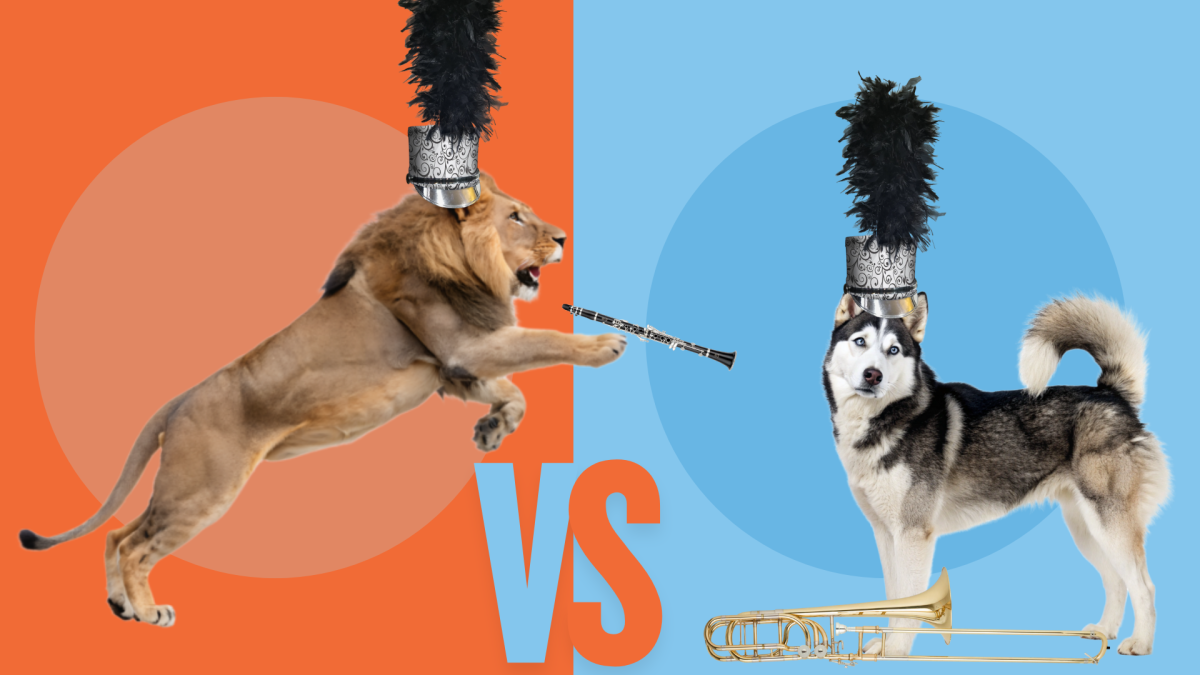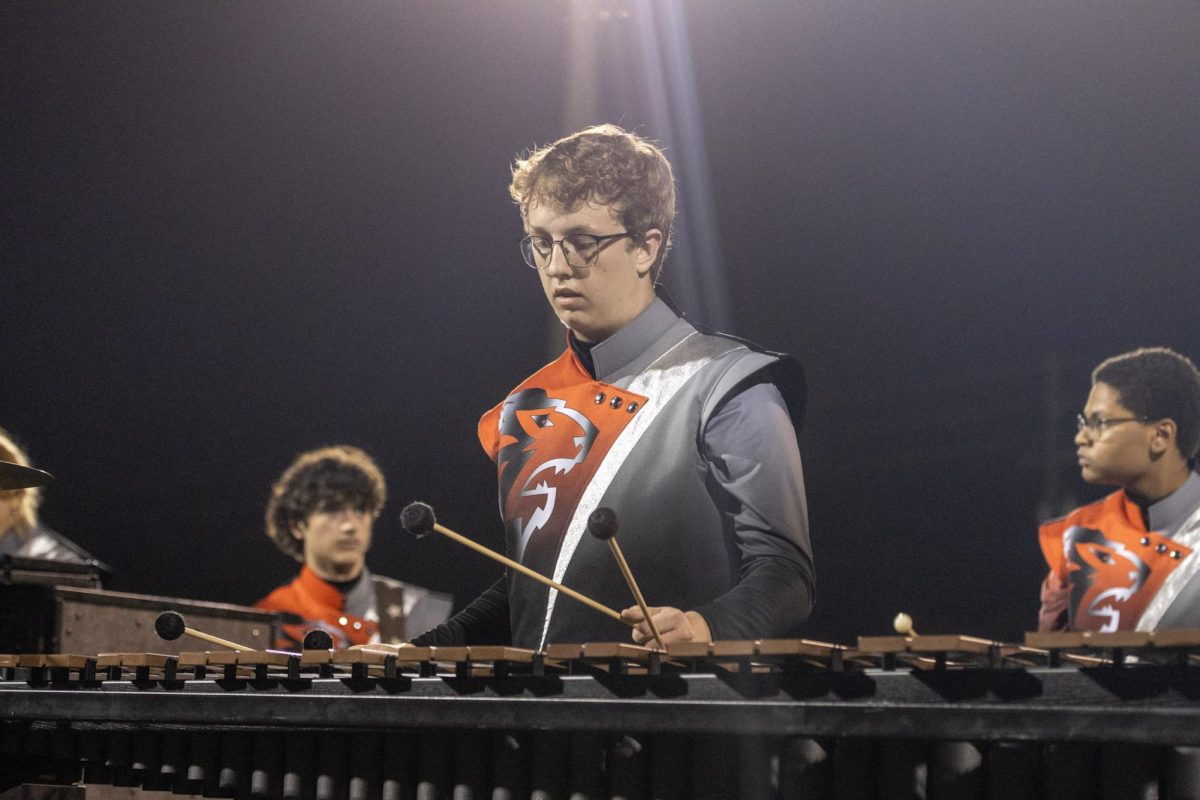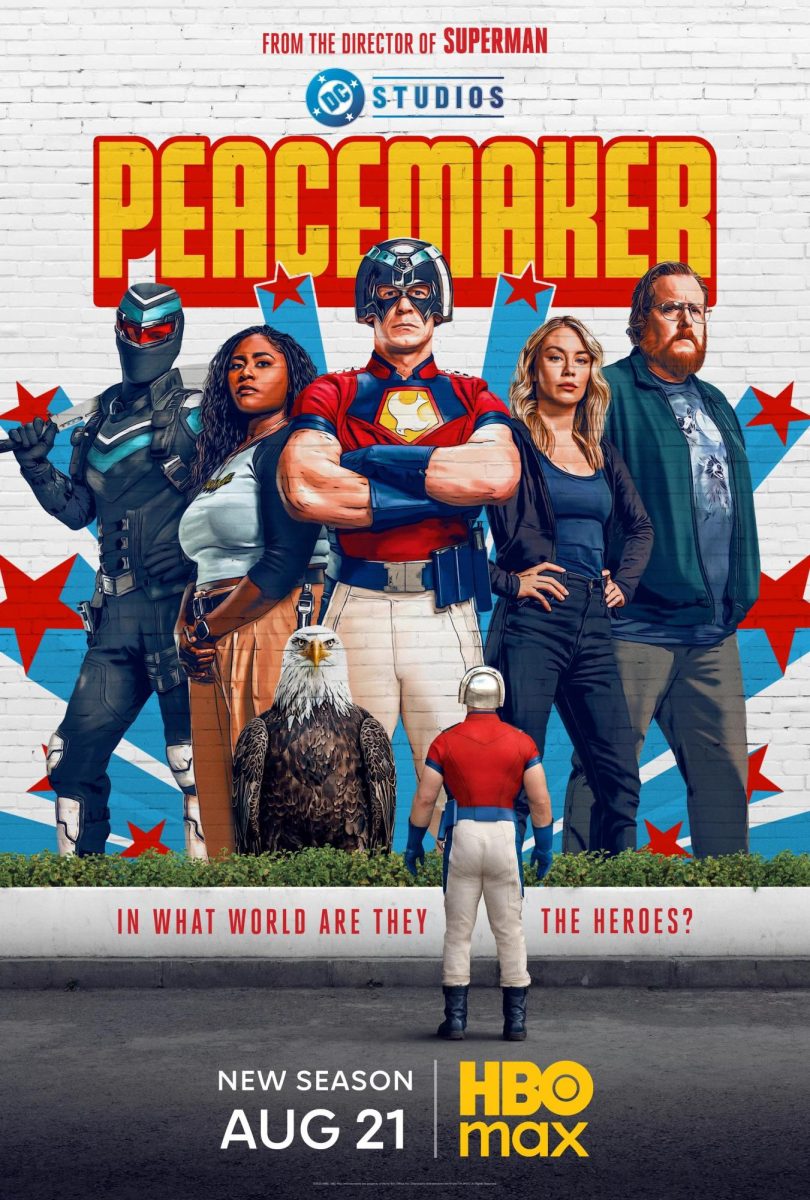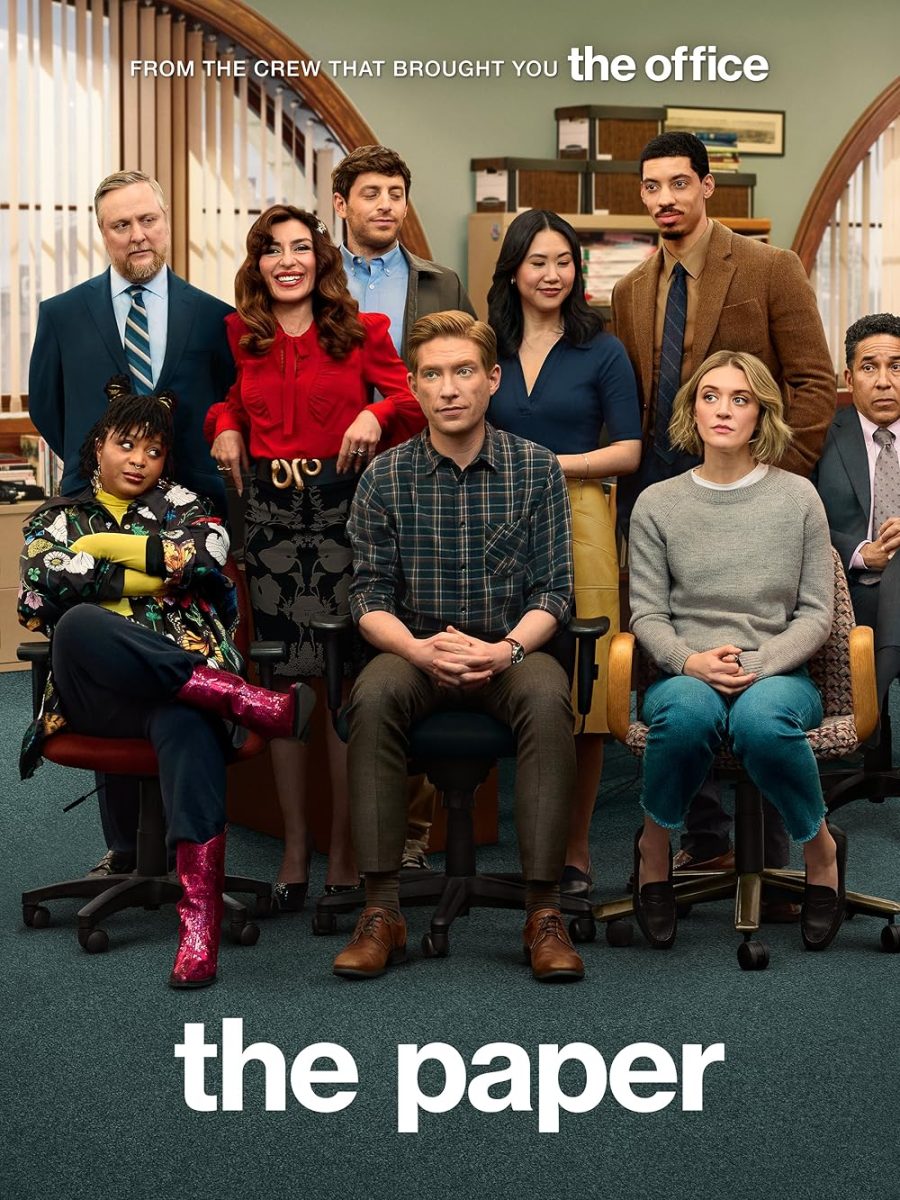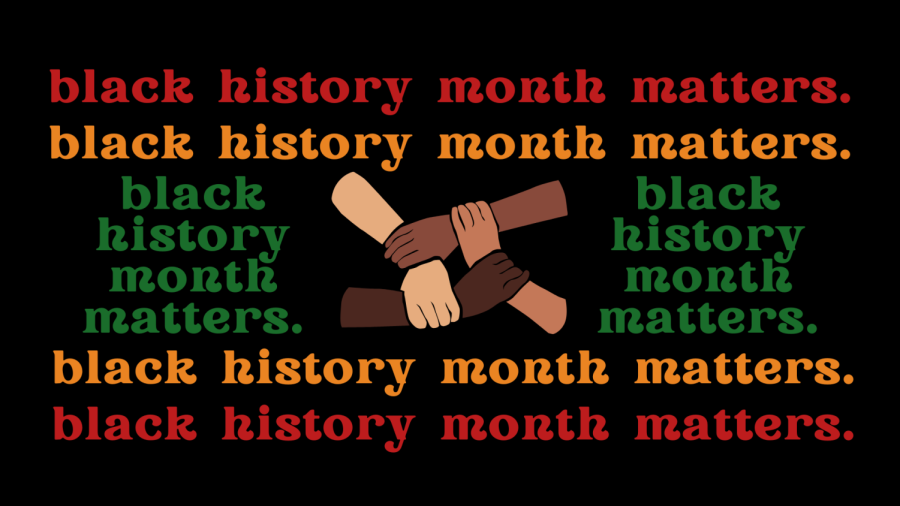Black History Month matters now more than ever
Reflecting on why we have and the significant importance of Black History Month.
February 10, 2023
In a world where people of color are still being treated differently by the tone of their skin and not the content of their character, Black history matters. In a country where racism runs rampant through every city, town, and street, Black history matters. In a state where the majority of a new and potentially groundbreaking AP African American history class is considered “discriminatory and historically fictional,” Black history matters. Remembering those who are a part of the beautiful tapestry that is Black history and educating those of all races about it is more crucial than ever.
Black History Month is not some throwaway occasion to be forgotten by the first of March, it is the celebration of a people’s background that has been obscured, altered, and shunned for long enough.
Yes, it’s no secret that the discussion of African American history in the U.S. is an incredibly sensitive subject that often causes people to become uncomfortable, remember painful parts of the past, or even mentally shut down. But Black history does not begin where the evils of slavery by Americans started.
It begins in Africa, the homeland of all humanity, not just Afro-Americans. Roughly 300,000 years, humans anatomically evolved into what we are today, homo sapiens. After the Sahara (the largest hot desert in the world today) was desertified, North Africans eventually interacted with the people of the Middle East and Southern Europe. The Bantu expansion, settlers who contributed much to modern African languages, spread from what is now modern-day Cameroon to the southern tip of Africa. During the Middle Ages, Islam spread throughout many of the continent’s kingdoms and societies. It’s estimated that around 10,000 different states and self-sufficient groups existed at this time.
It was then around the late 1400s that Europeans joined the preexisting slave trade. This resulted in West, South, and Central Africans being transported all over the globe due to the Atlantic slave trade. Somewhere between 12-12.8 million Africans were enslaved for over 400 years. 1.2-2.4 million died during these cruel voyages and millions perished in “seasoning,” or adjustment camps. It wasn’t until the early 1800s that governments started to ban this wicked practice.
By the Civil War, slavery had fueled America’s growth from 13 colonies to 33 states in 1860. People of color couldn’t vote, get a good education, or be treated like equals, but they could work from sunrise till dusk whilst being treated like animals. That seems like a fair arrangement, right?
Of course, mistreatment over the decades did not prevent African Americans from finding ways to better themselves, whether it was through education, song, or creativity. Their struggle for freedom was magnified over the course of multiple events like the Dred Scott decision, John Brown’s Harper Ferry raid, and the release of the book Uncle Tom’s Cabin. During this time, the legendary Harriet Tubman was doing her miraculous work of rescuing 70 slaves over 13 missions by using the Underground Railroad, which is estimated to have led over 100,000 to freedom from 1810-1850.
By the time the American Civil War began, 3.5-4.4 million African Americans were captive in the South while roughly 500,000 lived somewhat freely in the North. In 1863, President Abraham Lincoln boldly signed the Emancipation Proclamation, which declared that all slaves in Confederate-held territory were free. By 1865, every state was emancipated. The creation of 14th and 15th Amendments gave all African Americans citizenship, but only males the right to vote.
Reconstruction, a brief time period of rebuilding after the destruction of the war, looked like it would create a bright future for Africans in America. However, Southern states were quick to make their newly found freedom as miserable as possible with the creation of Jim Crow laws. These rules openly promoted segregation, suppression, and disenfranchisement of African Americans. Organizations like the National Association for the Advancement of Colored People (NAACP) were founded to combat this development.
However, racially-motivated violence (propagated by the likes of the infamous Ku Klux Klan or KKK) kept those who dared reject this vile reality in check with the use of disastrous and destructive methods. Throughout the 1900s, this violence against people of color only increased with the race riots of 1919, systemic racism, and the suffering of thousands led to what ultimately became the civil rights movement.
Sparked in the early 1950s by the death of Emmett Till, African Americans began to rally together in order to achieve one common goal: total freedom for all Black people.
In this blurring, chaotic time, Claudette Colvin and Rosa Parks were arrested for refusing to give up their front seats on the bus as the Black community in Montgomery boycotted them. Protests, while met with aggressive hate and police brutality, erupted throughout the South. The legendary Martin Luther King Jr., a pastor and peaceful activist, played a crucial role in the movement’s effectiveness along with others like Maya Angelou, John Lewis, and Malcolm X.
This all culminated with the March on Washington on Aug. 28, 1963. 250,000 people of all ages and races gathered around the Lincoln Memorial and its reflecting pool to hear over a dozen speakers give their incredible speeches. Dr. King concluded the talks with his glorious “I Have A Dream” speech. In his words, it was “the time to lift our nation from the quicksands of racial injustice to the solid rock of brotherhood.”
A year later, then-President Lyndon B. Johnson supported the creation of the Civil Rights Act of 1964 (banned all forms of discrimination in public aspects of life) and the Voting Rights Act of 1965 (ensured the ability to vote without unlawful restriction.) Soon after, the Black Power movement wished to enlarge these newly granted rights well into the 1970s.
Now, the desire of African Americans for more freedom is still ongoing. Police action is still flawed, discrimination is still prevalent, and racism still exists at every turn. The Black Lives Matter protests in 2020, the result of extreme anger over the deaths of people like Breonna Taylor and George Floyd, showed that people still believe the fight for freedom is not over. The significant progress our country has made over the last 170 years has been incredible and for that, modern America is forever grateful.
However, the enemies of civil rights have evolved over time, much like the fight itself. Hate groups still thrive in the nooks and crannies of America, while the misguided politicians that support them have taken their agendas to new heights. Those who rose from oppression like Harriet Tubman, defied the wrath of racism like Malcolm X, and broke barriers like Jackie Robinson, all lived through a nightmare so millions of people like me could dream. Thanks to them, I can be anything I want and nothing can stop me from accomplishing my dreams.
This is why Black History Month is important. It’s why it matters. If it was not for the sacrifice of millions, who knows what kind of horrors would still exist for people of color today? Black History Month matters now more than ever because it is American history. Without it, we all lose a piece of ourselves. But with it, we can find how our past ultimately connects us all.

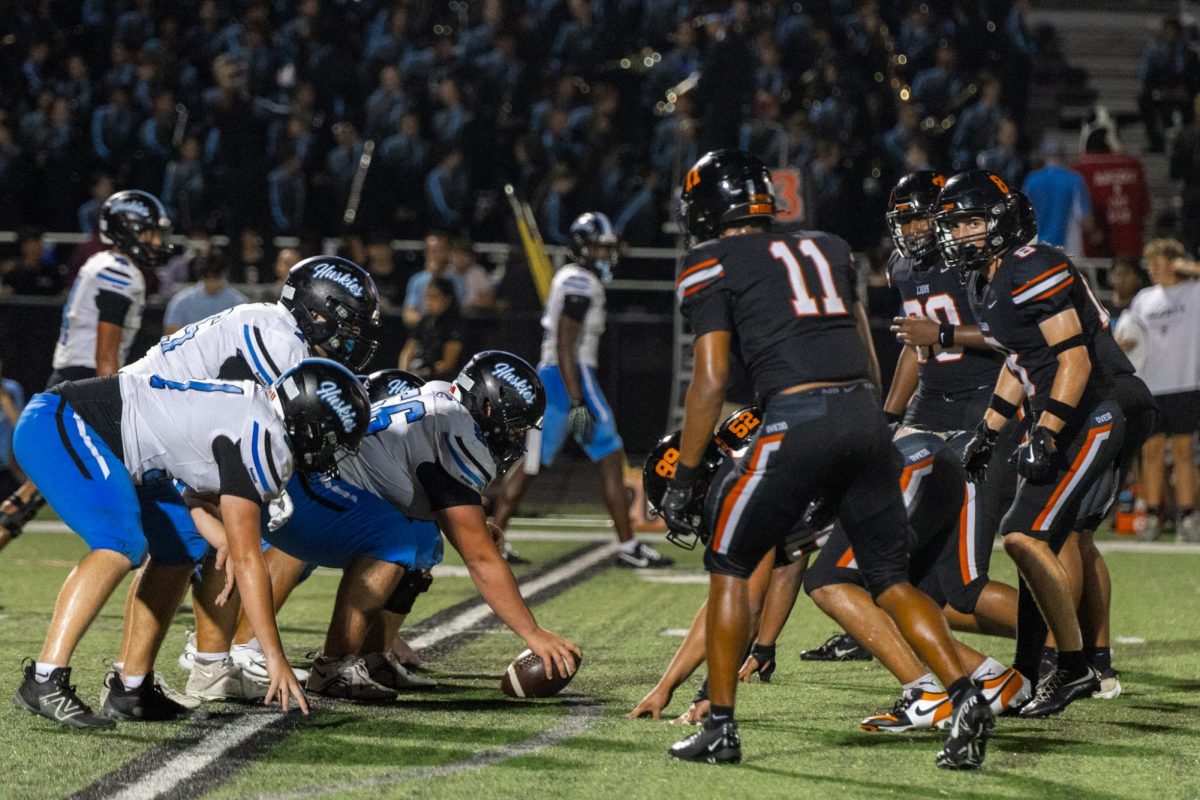
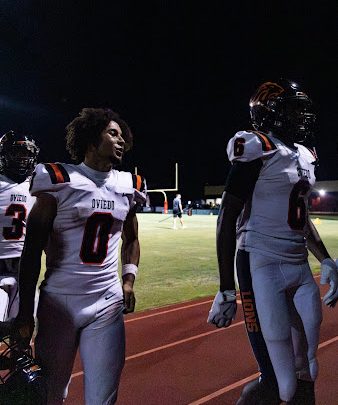


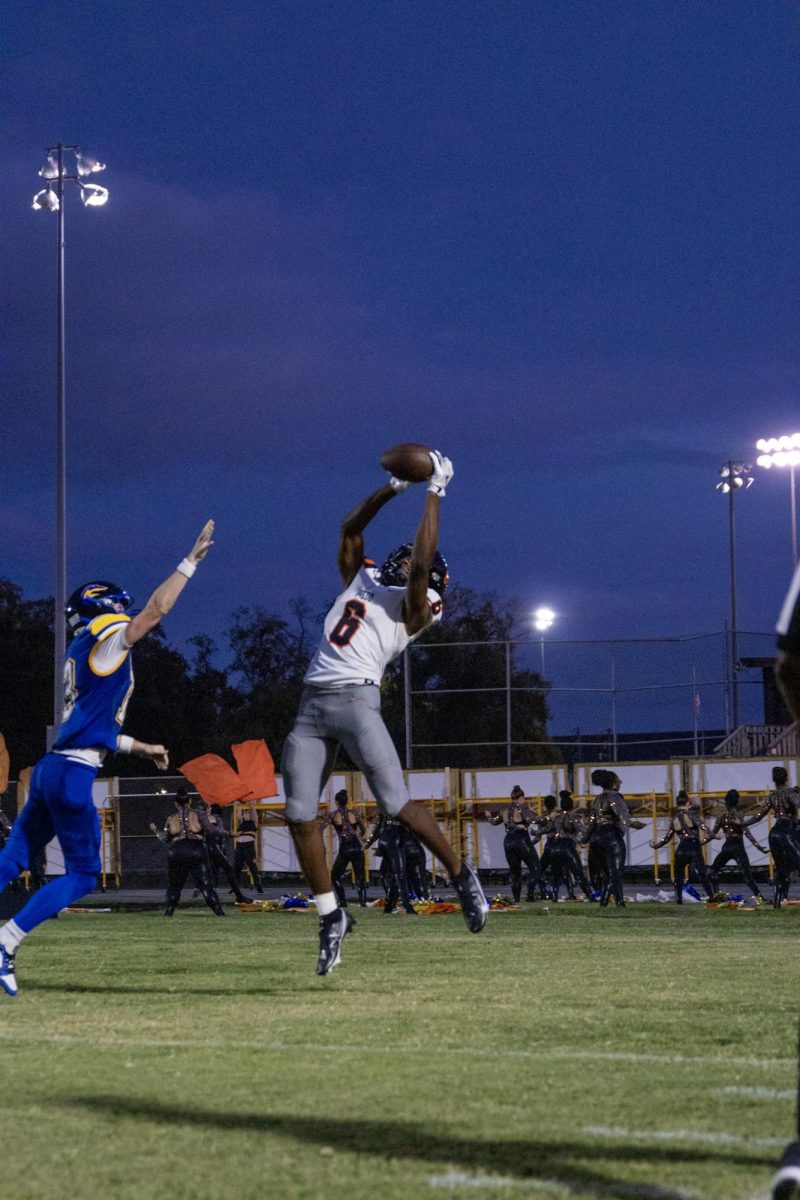




![Prom king Colin Napier and queen Leah Hopkins dance the night away during the Golden Gala on April 26th. Prior to the prom, the Student Government must make many preparations over the course of months in order to ensure it goes off without a hitch. However, their work eventually pays off when it comes time for the dance. “We set up [the prom] the day before, and it’s horrible. We’re there for a very long time, and then we get our beauty sleep, and then we get ready for prom the next day,” Aubrie Sandifer said.](https://oviedojournalism.com/wp-content/uploads/2025/05/Oviedo-197-800x1200.jpg)
